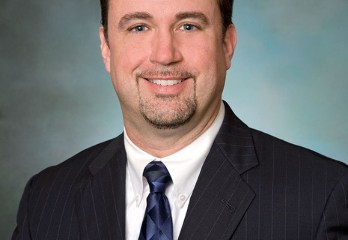Jerry Brown has long wanted to have an impact on the American landscape.
That’s why he ran for president in 1976 and 1980 and 1992. That’s why he couldn’t walk away from politics when his term ended as mayor of Oakland. That’s why he jumped into the impossible role of California governor – twice.
Mostly, he’s been marginalized as a lost-in-time liberal. But his run in Oakland showed he was a no-nonsense businessman who knew how to negotiate and get things done.
(By way of full disclosure, Brown is one of three consecutive California governors who chewed me out for questioning their policies in print. It’s a badge I can live with.)
Now, Brown is back in the headlines for negotiating a deal with California’s powerful labor unions to raise the minimum wage to $15 an hour by 2022.
The pressure has been on with rolling one-day strikes by low-pay workers. And the adoption of the $15 floor by Bernie Sanders adds to the fun. Never mind that likely nominee Hillary Clinton favors raising the minimum to $12 an hour.
Brown saw an opportunity to a) play on the national stage again and b) do something that’s popular and c) polishes his liberal legacy.
Momentum is building ,with New York seemingly poised to follow California’s lead. Both labor and political factions in Nevada should be ready for the big push in the 2017 legislative session.
Almost every small business owner recognizes labor as the biggest cost. Unless you’re using technology to mine gold, that’s just a fact of life. And if you’re running a quick serve restaurant in Nevada, almost doubling your labor costs is just a nonstarter. Either prices will rise to match or the number of employees will fall — likely both.
As Rodric Hurdle-Bradford details on today’s front page, the technology suppliers are already circling Las Vegas restaurants that promise efficiency and happy customers. After that takes place, the Silver State’s unemployment rate will start to rise again.
Thanks, Jerry, you’ve made an impact. Maybe California’s economy can absorb that kind of wage inflation, but I’m pretty sure Nevada’s can’t. You’re helping spread the economic divide, not close it.
One personal upside: Given that I’m no longer addressing his constituents, I don’t expect Brown to call me this time.





